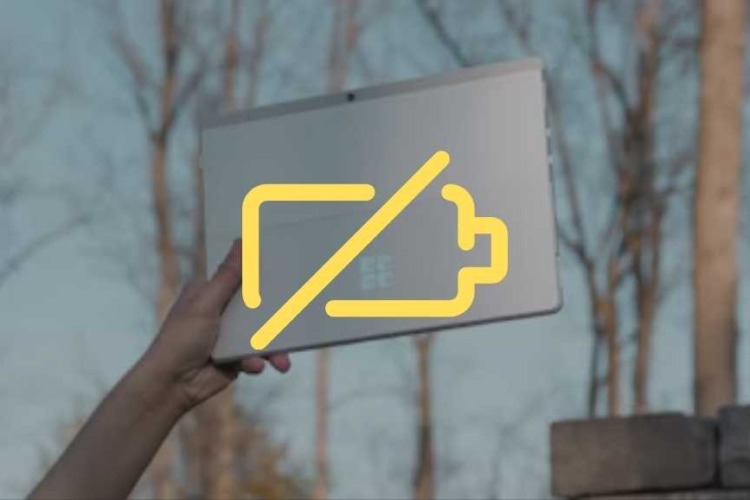
Surface Pro 7 Battery Drain: An Ultimate Guide
One of the popular series in the market is the Microsoft Surface Pro 7, a 2-in-1 laptop with versatility and high performance. The Microsoft Surface
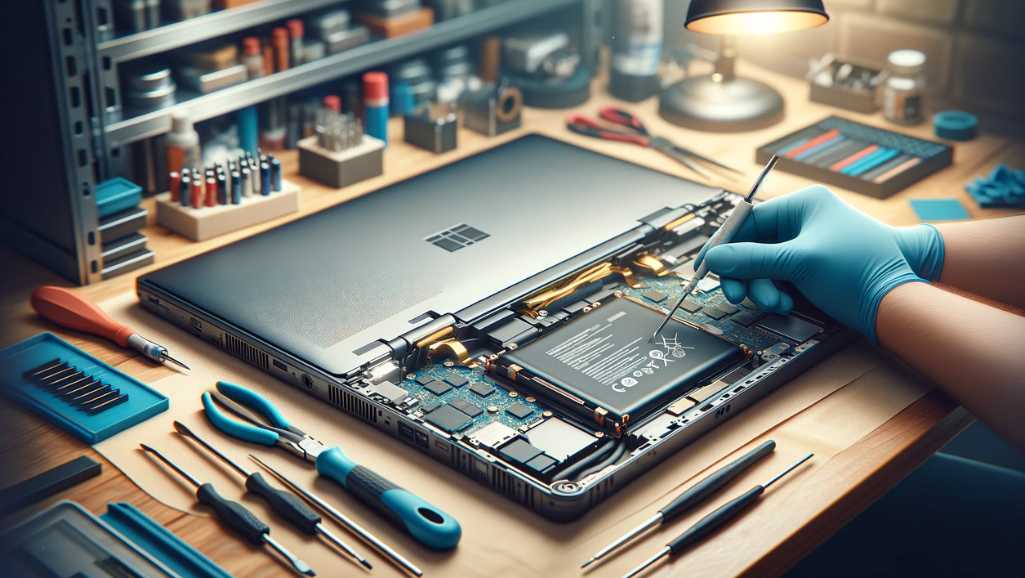

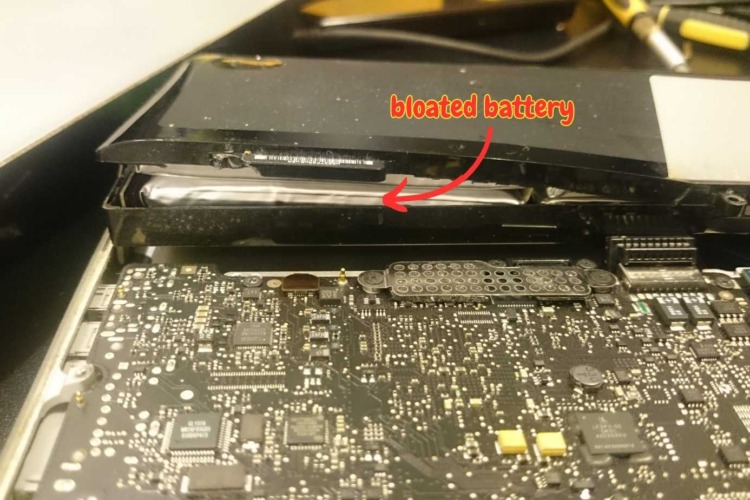

One of the popular series in the market is the Microsoft Surface Pro 7, a 2-in-1 laptop with versatility and high performance. The Microsoft Surface
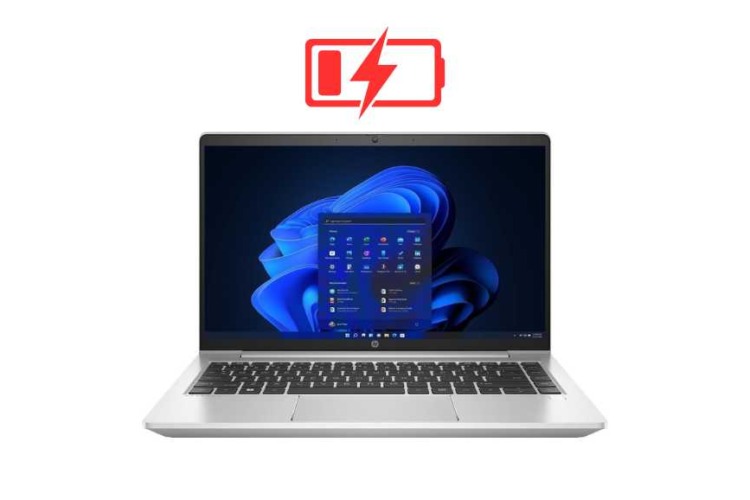
A reliable battery is crucial for any laptop, especially for professionals who rely on their HP ProBook for daily tasks. Over time, laptop batteries degrade,
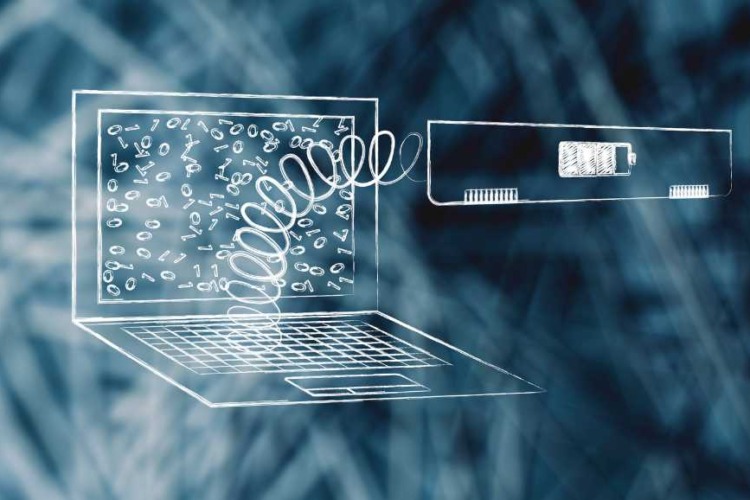
When your Surface Pro shows a battery symbols, it’s providing critical information about the status of your device’s power supply. This seemingly simple icon can
|
Budget PC upgrade & Repair is now known as Volta PC Upgrade & Repair |